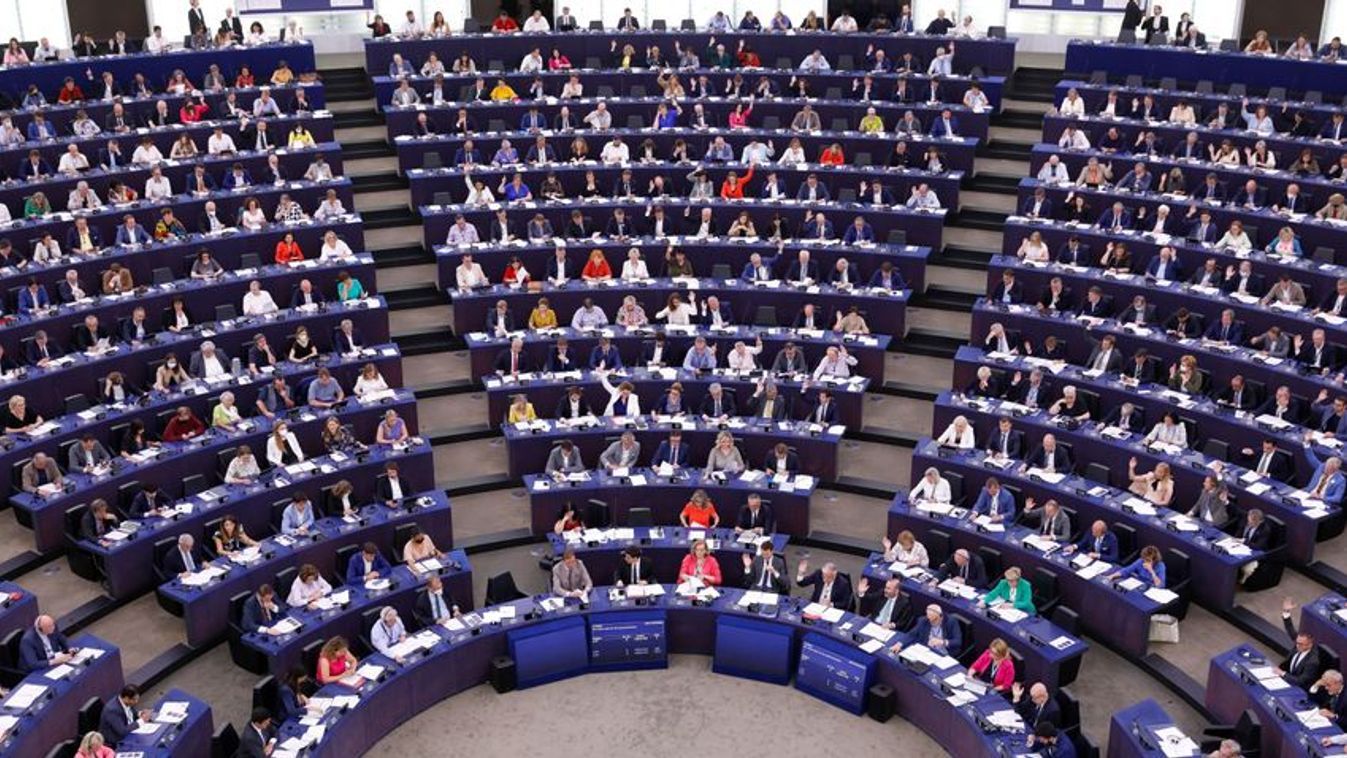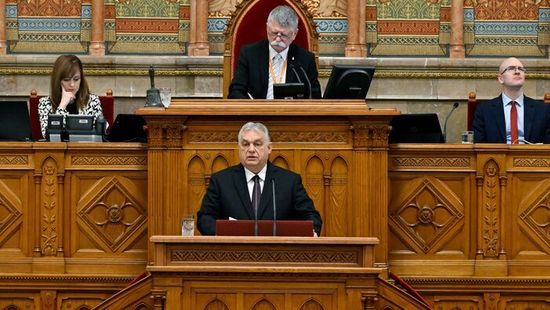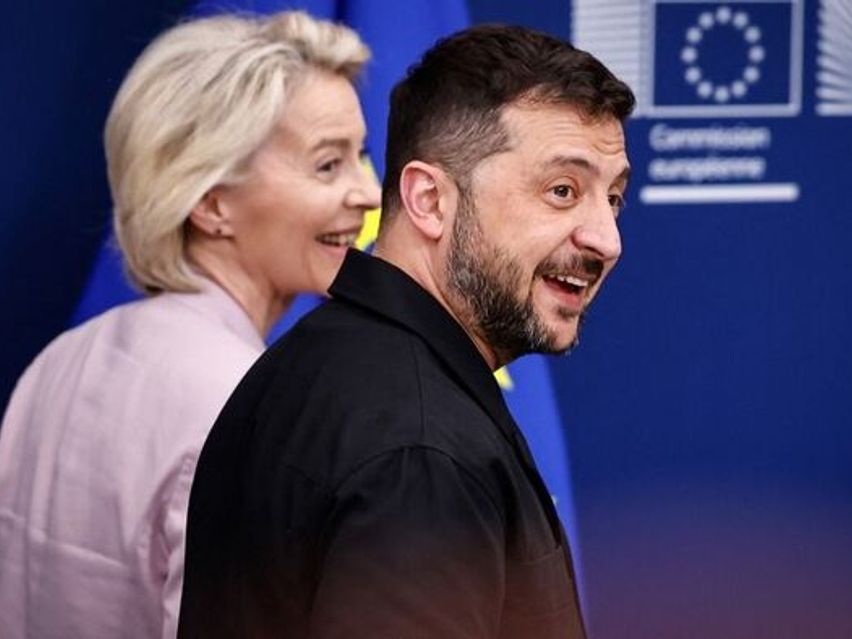"With this legal instrument, the EU power center is de facto trying to blackmail Hungary. Specifically, by imposing this hefty fine, it is exerting intense political coercion on the country, claiming their demands for us to change our migration policy as a kind of political requirement cloaked in legal garb," the legal advisor at Szazadveg told Magyar Nemzet in response to questions about the latest decision of Brussels.

As is known, the EU Court of Justice (ECJ) has ordered Hungary to pay two hundred million euros (around eighty billion forints) for failing to comply with EU law as regards the procedures for granting international protection and returning illegally staying third-country nationals.
According to the legal advisor, Brussels is also manipulating by using a method deliberately employed by the judicial-technocratic machine to ultimately influence the decisions and actions of national governments. The expert said that because of the EU power elite's unwillingness to accept the Hungarian government's and people's strong and unequivocal rejection of migration, Brussels would now make the country's people pay €200 million, plus a €1 million fine for each day of delay in payment, for Hungary's refusal to allow entry to migrants arriving illegally within its borders.























Szóljon hozzá!
Jelenleg csak a hozzászólások egy kis részét látja. Hozzászóláshoz és a további kommentek megtekintéséhez lépjen be, vagy regisztráljon!